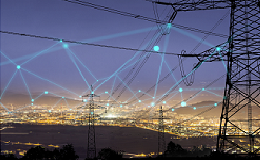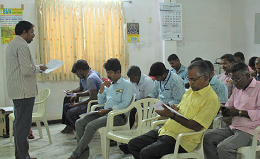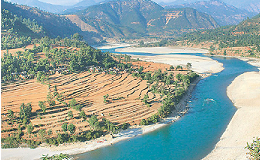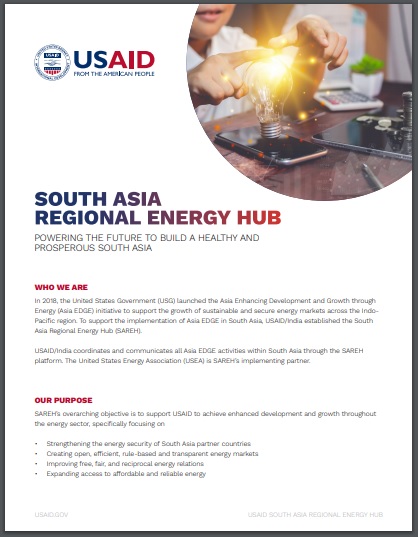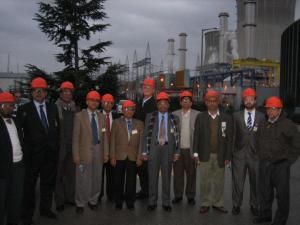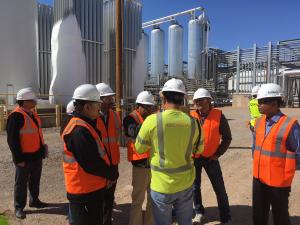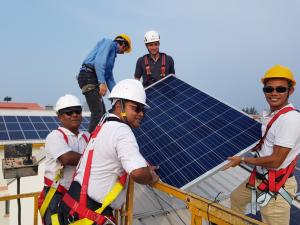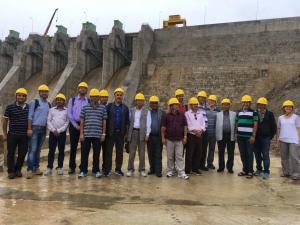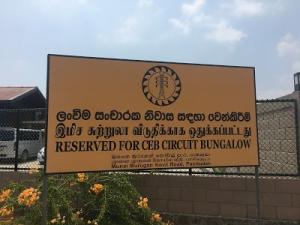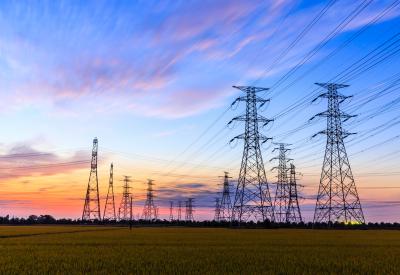
In 2018, the U.S. Government (USG) launched the Asia Enhancing Development and Growth through Energy (Asia EDGE) initiative to support the growth of sustainable and secure energy markets across the Asia-Pacific region. Asia EDGE has four strategic objectives: (1) Strengthen the energy security of regional partners; (2) Create open and transparent energy markets (gas and electricity); (3) Improve free, fair, and reciprocal energy trading relationships; and (4) Expand access to affordable, reliable energy. To achieve a comprehensive approach towards Asia EDGE, the initiative consists of four technical pillars: (1) Enhanced regional energy markets and integration; (2) Increased deployment of advanced energy solutions and systems; (3) High performing modern utilities; and (4) Private sector investment and services mobilized (including transparent, best value procurement).
Asia EDGE is a whole-of-government endeavor, supported by USAID; Departments of State, Energy, Commerce and Treasury; Export Import Bank; U.S. Trade & Development Agency; and Overseas Private Investment Corporation. Asia EDGE is divided into three regions – Central Asia, Southeast Asia (headed by the USAID/RDMA mission) and South Asia (headed by the USAID/India mission). Countries covered as part of SAREH include Bangladesh, Bhutan, India, Nepal, Sri Lanka, and the Maldives.
USAID’s missions in South Asia have a rich portfolio of ongoing energy programs, bilateral and regional, that are consistent with Asia EDGE, and are aligned to the aforementioned technical pillars. Ongoing energy programs are helping to achieve smart utilities, renewable integration, grid modernization, sustainable and efficient buildings, deployment of grid-connected renewable energy, improved off-grid energy access, and increased cross border electricity trade. Asia EDGE will expand and scale such efforts across South Asia, taking into consideration each country’s goals, current conditions, needs, and capacity.
To accelerate the implementation of Asia EDGE in South Asia, USAID/India has tasked the U.S. Energy Association with launching a series of inception activities that will establish a regional energy cooperation platform – the South Asia Regional Energy Hub (SAREH). SAREH will promote the development of economical, reliable and clean energy access across South Asia, while supporting U.S. strategic interests and growing private sector engagement in the Indo-Pacific to create investment opportunities for U.S. companies. SAREH will engage a suite of stakeholders across the region and will coordinate interventions with USAID bilateral and regional missions, other USG agencies supporting the initiative, private sector entities national governments, international donors and financial institutions, and civil society organizations.
SAREH will include three program areas: (1) coordination, (2) communication, and (3) technical support. The work of SAREH under these program areas will include programming conducted independently by SAREH, as well as operate in parallel and in coordination with existing USAID-funded energy programming in the region conducted by implementing partners (IP).
The objective of SAREH is to support USAID/India with achieving Asia EDGE’s four strategic objectives:
(1) Strengthen the energy security of regional partners; (2) Create open and transparent energy markets (gas and electricity); (3) Improve free, fair, and reciprocal energy trading relationships; and (4) Expand access to affordable, reliable energy.
View SAREH Brochure
SAREH Blogs
How To Prepare, Prevent, and Respond to Cyber-Attacks in the Energy Sector: Three Lessons
The core foundation of the global energy sector is ensuring reliable energy to homes and businesses 24/7/365. Yet, as energy supplies...
Energy Efficiency In India: Together We Can Be Vocal For Local
Industrial energy efficiency in India is the key to progress, on the path towards achieving 8% GDP growth and realizing the GHG...
Advanced Energy Solutions In Nepal: Leapfrogging To International Prominence
Over the last five years, the Government of Nepal has made large strides in modernizing its electricity sector...
Ready India's Power System For Emerging Distributed Energy Resource
Emerging distributed energy resources (DERs)—such as solar photovoltaics (PV), battery energy storage systems (BESS)...

